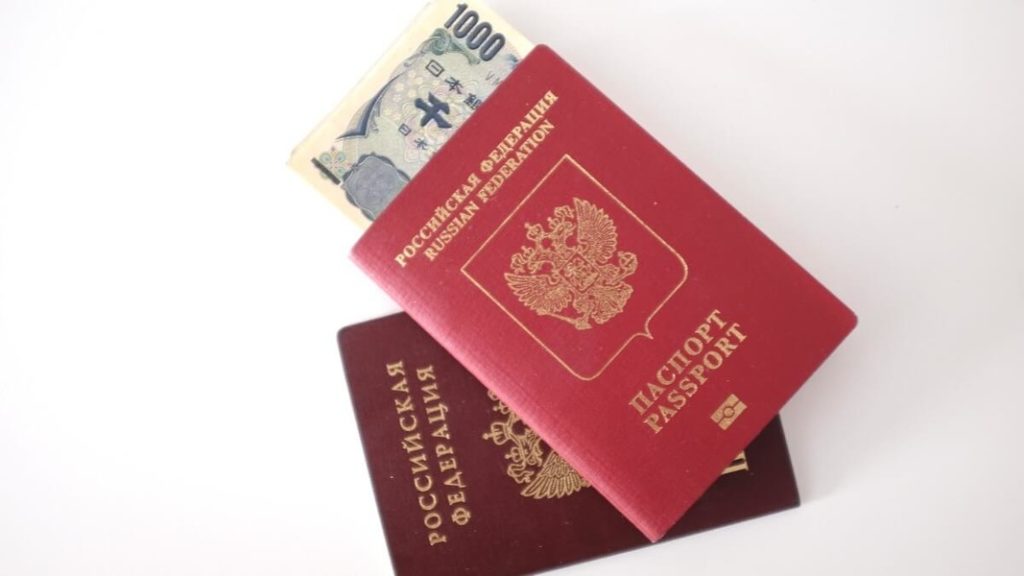The Council of the European Union has announced that it has officially adopted the decision not to accept Russian travel documents that have been issued in Ukraine and Georgia. The decision was adopted on December 8, and the move means that all those who hold Russian travel documents issued in Ukrainian regions and Georgian territories occupied by Russia will not be able to use them to travel to the EU or obtain a visa, SchengenVisaInfo.com reports.
Commenting on the adoption of this decision, the Minister of the Interior of the Czech Republic, Vít Rakušan, said that this is proof that the EU firmly supports Ukraine and at the same time pointed out that the EU will not recognise the illegal annexation of its territory.
“Russia’s continued war of aggression against Ukraine is a blatant disregard of the rules-based international order, which puts European peace and security at risk. Today’s decision by the Council is further proof that we stand firmly with Ukraine. We will never recognise the illegal annexation of its territory by Russia, and we reiterate Ukraine’s right to liberate and regain full control of all occupied territories,” the statement of Minister Rakušan reads.
In addition to the above-mentioned, the Council highlighted that the decision not to recognise the documents is a response to the unjustified and unprovoked military aggression of Russia against Ukraine and to the practices of issuing Russian international passports to those residing in the occupied regions.
The decision also follows the one-sided decision to recognise the independence of the two Georgian territories – Abkhazia and South Ossetia – in 2008.
Moreover, the decision also aims to ensure the effective functioning of the external borders and common visa policies. It also aims r safeguards the EU Member States’ security and set out a common approach.
Members of the Parliament approved the mandate for negotiations on the non-acceptance of documents issued by the Russian authorities in the above-mentioned territories earlier in October.
The mandate was approved with 540 votes in favour, and back then, the Members of the Parliament stressed that all European Union Member States ad the European Economic Area allies should not accept these travel documents.
Council explains that Russia has issued international passports to residents of Crimea since 2014 and this practice was further extended to areas of Luhansk and Donetsk in 2019 and was followed by the occupied regions of Zaporizhzhia and Kherson in 2022.
The same noted that the Council has condemned these actions and continues to do so as well as stressed that it will continue to express solidarity with Ukrainians.

